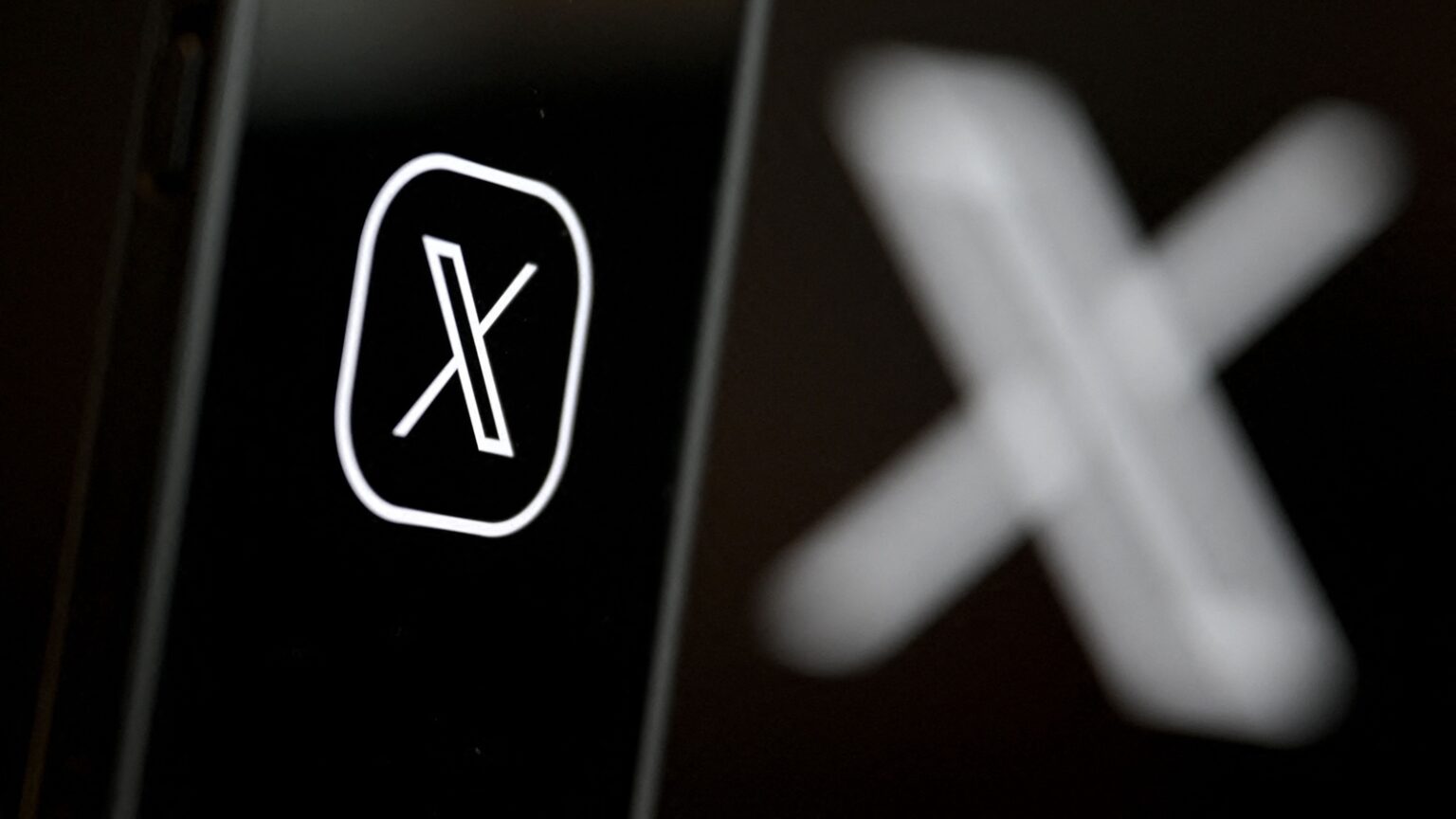Researchers are calling for free access to social media platform X’s data for academic analyses, insights from which can help understand trends in political engagement.

Efforts of a research group from Saarland University, Germany, were halted abruptly when X’s owner Elon Musk blocked free access to X’s data for academic research purposes in June 2023. The US-based entrepreneur acquired the platform, then known as Twitter, in October 2022.
The team wanted to know whether Twitter prioritised tweets from politicians from the right of the political spectrum between 2021 and 2023.
“It is simply not acceptable that access to these vast amounts of data is either unaffordable or provided so selectively that no meaningful analyses can be conducted,” lead researcher Ingmar Weber, a professor of artificial intelligence (AI) and chair for societal computing at Saarland University, said.
The researchers called for implementation of legislation to ensure that academic researchers can regain access to social network data.
Over a period of two years, before the abrupt end, the team analysed tweets from 6,550 Twitter accounts associated with about 8,600 politicians from twelve countries known to have the highest user activity on X, including India, Argentina, Germany and the US.
The findings, published in the Journal of Quantitative Description: Digital Media, revealed no significant difference between the dissemination of content from left-leaning or right-leaning politicians across the countries analysed.
However, the team observed a considerable increase in the number of likes, a slight increase in the likes-per-retweet ratio and a significant reduction in the number of retweets post Musk acquisition.
“We believe that this is because early followers of a Twitter account are more politically engaged and tend to support content more actively. But as the political message gets spread to a broader audience, it becomes more likely that the number of likes will go up, while the retweet rate declines,” study author and computer scientist Brahmani Nutakki, a PhD scholar at Saarland University, said.
However, the team faced challenges while analysing data, many of which were related to changes introduced between November 2022 and June 2023 following Musk’s takeover — one of them being the removal of rules prohibiting hateful conduct. The rules were aimed at preventing attacks on individuals.
“Changes to Twitter’s functionality also resulted in changes in the user population, which made it difficult for us to attribute the changes we observed to a single specific cause,” Nutakki said.
Further, “political content on the platform reached a wider audience following these changes,” according to the study’s findings.
“In the period before June 2023, we found no evidence of a significant difference in engagement patterns between users on the left and those on the right of the political spectrum,” Weber said.
While there are media reports of instances, such as posts of Republican politicians receiving greater engagement than those made by Democrats or hate content spiking, an academic analysis of X’s data is needed for “continuous scrutiny”.
“These worrying changes to social media platforms such as Twitter/X are jeopardizing the democratic structures in many countries and require continuous scrutiny by academic researchers,” Weber said.
“We are calling for the implementation of legislation such as Article 40 of the Digital Services Act (in the European Union) so that academic researchers can regain access to social network data,” the author said.
The authors wrote,”These observations contribute to the ongoing discussion on the role of social media platforms in political dialogue, highlighting the importance of monitoring policy developments and trends in the digital media landscape.”
This article was originally published by a www.hindustantimes.com . Read the Original article here. .

